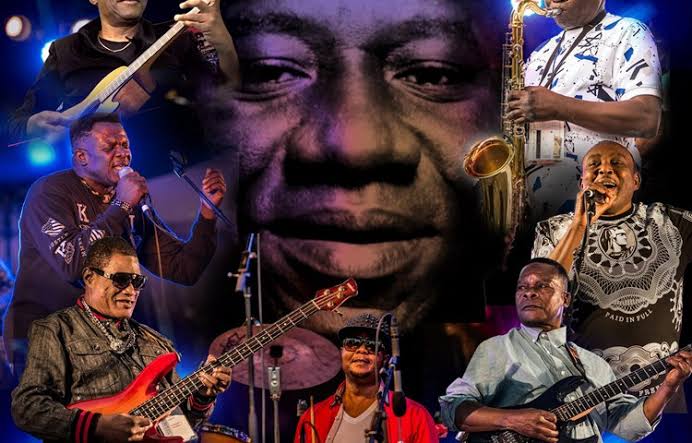In the rich tapestry of Central African music, one genre stands out for its infectious rhythms and vibrant cultural heritage – Soukous music.
Originating from the Democratic Republic of Congo (DRC) and spreading its melodic tendrils across the region, the music genre has cemented its place as a musical powerhouse, captivating audiences far and wide.
The Origins of Soukous:
Soukous music traces its roots back to the vibrant streets of Kinshasa, the capital city of the DRC, formerly known as Zaire. Emerging in the late 1930s, Soukous, also referred to as “rumba congolaise,” was heavily influenced by traditional Congolese music, Cuban rhythms, and Western instrumentation.
Pioneering figures such as Grand Kalle, Franco Luambo, and Tabu Ley Rochereau laid the groundwork for the genre’s evolution, infusing it with elements of Afro-Cuban music and high-energy dance beats.
The Soulful Essence of Soukous:
At its core, Soukous music is characterized by its infectious rhythms, melodic guitar riffs, and soulful vocal harmonies.
Drawing inspiration from traditional Congolese folk music, Soukous artists weave intricate guitar patterns and hypnotic percussion to create a melodic tapestry that transcends borders and cultures. The genre’s upbeat tempo and celebratory spirit serve as a testament to the resilience and vitality of Central African music.
Pioneers and Popular Characters:
Soukous music boasts a diverse array of pioneering artists and popular characters who have shaped its trajectory and propelled it onto the global stage. From the smooth vocals of Papa Wemba to the electrifying performances of Kanda Bongo Man, each artist brings their unique flair and creative vision to the genre, enriching its sonic landscape and captivating audiences worldwide.
Other notable figures include Pepe Kalle, Mbilia Bel, and Sam Mangwana, whose contributions have solidified Soukous as a cornerstone of Central African culture.
Also, read: Davido Launches Nine+ Records in Collaboration with UnitedMasters
The Global Impact of Soukous:
Beyond its cultural significance in Central Africa, Soukous music has transcended geographical boundaries to become a global phenomenon. From the bustling streets of Paris to the vibrant music scenes of New York City, Soukous has left an indelible mark on the world stage, captivating audiences with its infectious grooves and timeless melodies.
With artists such as Lokua Kanza and Fally Ipupa continuing to push the boundaries of the genre, Soukous remains as relevant and influential as ever, inspiring generations of music lovers around the globe.
Conclusion:
In a world filled with diverse musical genres and artistic expressions, Soukous music stands out as a vibrant celebration of Central African culture and heritage.
With its infectious rhythms, soulful melodies, and rich historical legacy, Soukous continues to captivate audiences and inspire artists across the globe. As we journey through the melodic odyssey of Soukous, let us celebrate its pioneers, honor its legacy, and embrace its enduring spirit of creativity and innovation.

